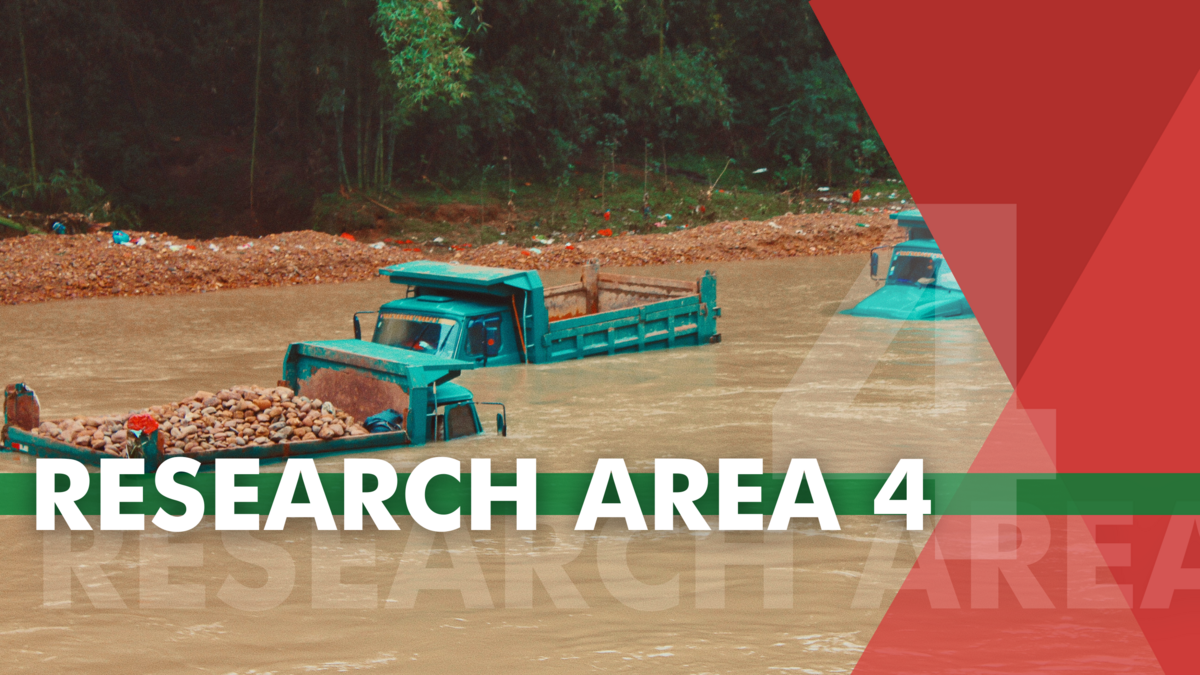RA4 combines social and cultural science research with historical perspectives to study resource consumption,
climate crisis, and health. It addresses the varying efforts by humans both historically and currently to cope with global and planetary challenges and investigates their role in the formation and transformation of multiple world orders.
Examples of such efforts and roles include various strategies for dealing with global pandemics, structural change through decarbonization,
and planetary health. RA4 explicitly takes into account the global as well as the planetary. A global perspective examines human actors and their globalization projects, while the broader planetary perspective seeks to observe not only human-driven and long-term developments but also the interconnections of human life with other living beings, ecosystems, and climate change. In the broad field of Anthropocene research, RA4 focuses on transregional dynamics, with currently strong expertise in Europe, North America, South and East Africa, and South Asia, specifically India.
Research Networks and Projects of Research Area 4
In the DFG project Pandemic Space: Understanding Quarantine and Responsibilization in Times of Corona, an interdisciplinary team investigates quarantining strategies and corresponding processes of responsibilization as central tools in the prevention and containment of pandemics. With a focus on the USA and South Africa, it explores the spatial and racial dimensions and implications of quarantine and responsibilization since the early 20th century. The project aims to examine the points of convergence, where spatial phenomena such as quarantine and discourses surrounding responsibility generate pandemic spaces.
MORE Information
The project explores the forms and causes of fluctuation of labour involved in the Special Initiative Training and Job Creation in the food processing, textiles, automotive and other sectors in Ghana. It examines the reasons for job abandonment and absenteeism. It also proposes measures to counteract the frequent turnover of employees.
Head: Prof. Dr. Marian Burchardt
Duration: 05/2022–12/2023
Funding source: BMZ
Total funding volume: 299.500 EUR
MORE INFORMATION
